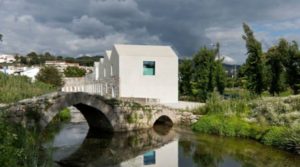The University of York’s campaign to improve campus habitats for bees and other pollinators
The University of York is characterised by two lakeside campuses that are home to an abundance of wildlife. The original campus is located on over 200 acres of parkland centred around an extensive lake and boasts a wide variety of environments, ideal for supporting the University’s aim to diversify their habitat and broaden their species range. Not only does York boast areas of woodland and wildflower beds, it has established an on-site bird sanctuary, and developed safe nesting sites including sand martin banks.
The York campus is well known for its abundance of wildfowl, celebrated in this Duck of the day website, but more recently the University has also focused on improving its habitats for bees. Providing food and shelter for bees and other pollinators is an integral element of the Estates team’s ecological management plan.
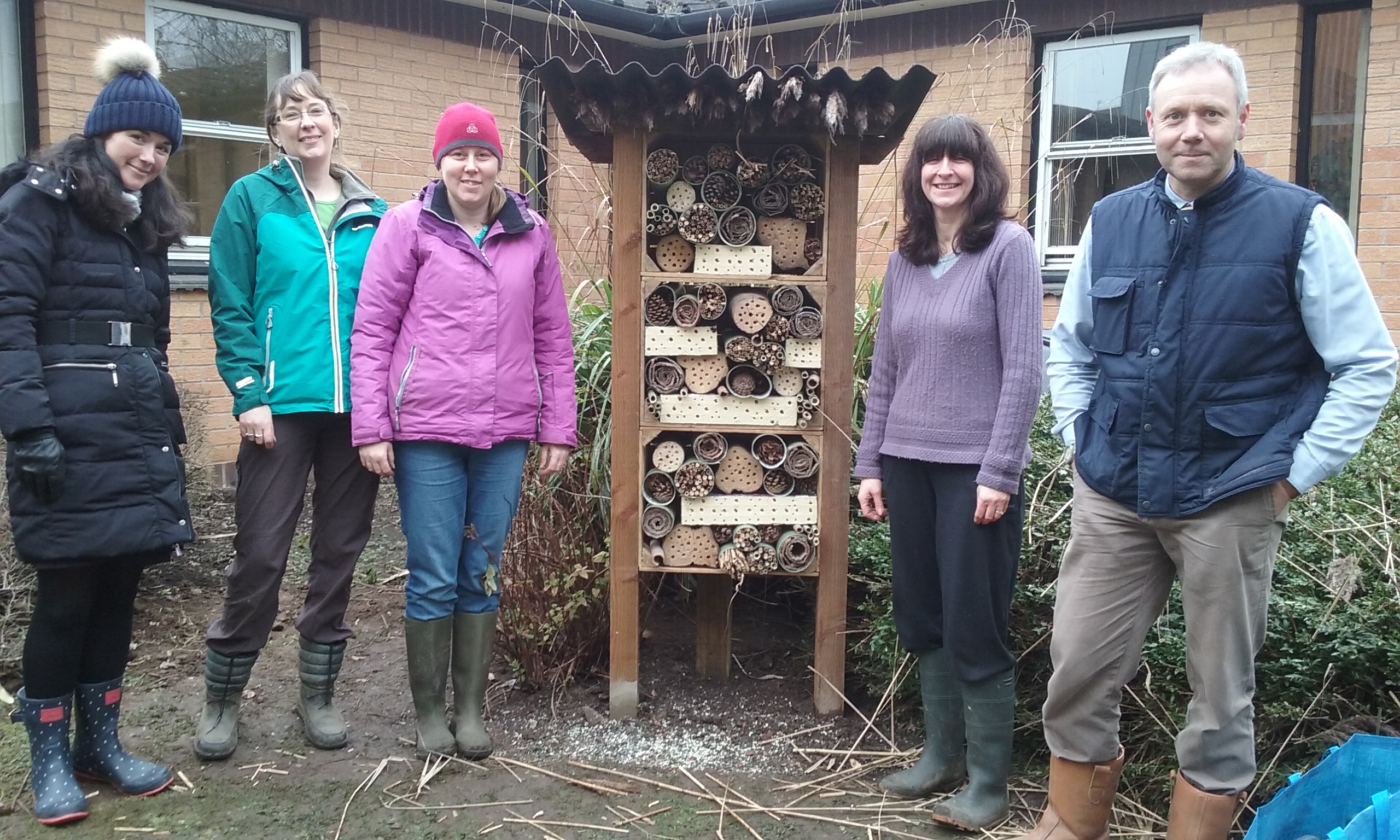
Blooms and bulbs for the bees
Since 2008 the University has been developing its newest campus, Campus East, which features a species-rich area of meadowland to provide foraging for bees and other pollinating insects. More than 10 per cent of the entire University estate is currently given over to wildflowers and the sowing of further wildflowers is carried out annually in selected areas to encourage a broader range of species across the site. A specially-chosen biodiversity mix of bulbs, including crocus, tulips and narcissus, have been planted across 1500 square meters of the University’s grounds in past three years. Bulbs are often the first flowers to appear in spring, making them particularly important to encouraging bees and pollinators at York.
Six bee hotels have been introduced on campus, with another two being added shortly, to provide nesting areas for solitary bees and the Estates team have decreased the frequency of grass cutting in key areas to encourage further wildflower growth to provide more bee-friendly environments.
Benefits
It’s a testament to the success of the initiatives so far that several beekeepers have hives on campus to take advantage of the foraging that the wildflower areas now provide for their bees.
The wildflower and meadow land areas also provide a great habitat for other invertebrates which, in turn, attract birds that both feed on the insects and can use the habitats for nesting and breeding. For example, up to 17 breeding pairs of skylark, listed as a UK Biodiversity Action Plan priority species, have been spotted on campus.
The enhanced habitats also provide an extra teaching and learning resource not only for the University’s own students but also for visiting school groups, underlining the University’s commitment to the local community and to widening participation.
To learn more, reach out to Emily Lawley. Feel free to check out the University of York on Instagram: @uoy_grounds_and_gardens
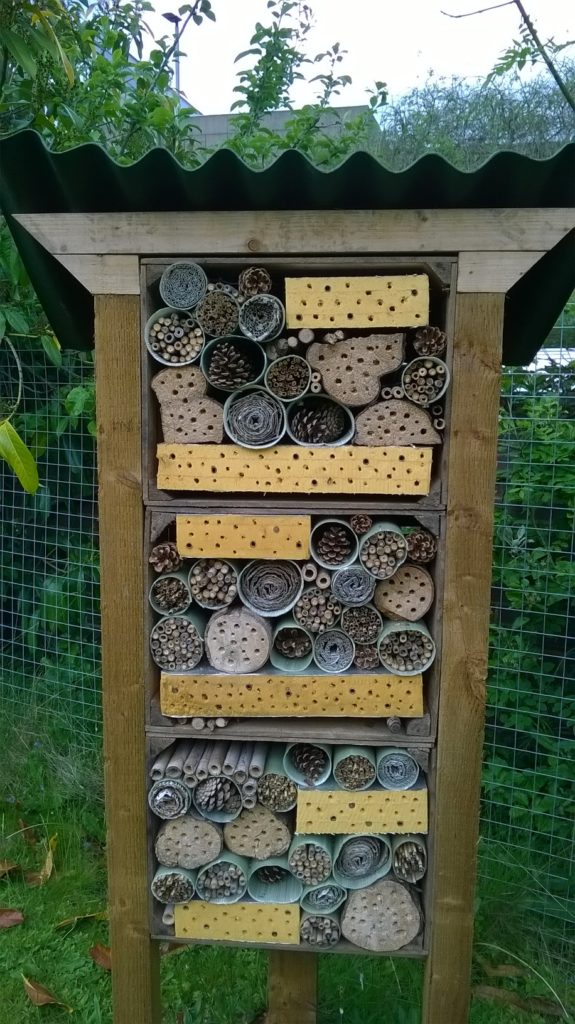
Photos courtesy of the University of York
Universidad de Guayaquil joins the ISCN!
We are thrilled to formally welcome Universidad de Guayaquil into the ISCN!
Universidad de Guayaquil is a public university located in Guayaquil, Guayas Province, Ecuador. The university was founded in 1883. It is the oldest university in the city of Guayaquil and has the largest student body. It operates six extension universities throughout the country.
“We are delighted to welcome Universidad de Guayaquil into the ISCN and look forward to providing a platform for international value exchange and partnership on campus sustainability” says Bernd Kasemir, Secretary of the ISCN Board.
For more information on the ISCN, please visit: https://international-sustainable-campus-network.org/
For inquiries, please email: [email protected]
Member Spotlight: EnSign real-world lab at Stuttgart University of Applied Sciences
Background:
Due to their roles in research and public service and as educators of future leaders, decision-makers and citizens, higher education institutions are understood to play a critical role in understanding and promoting sustainable development (SD). The German federal state of Baden-Württemberg, which has a goal of climate neutral administration by 2040, seeks to address these challenges by providing resources to its universities for sustainability transitions. This policy supports the broader German “Energiewende”, the national transition to a renewable energy-based, efficient and sustainable energy system.
Multiple ministries support this policy, including the ministry for science, research and the arts of Baden-Württemberg (MWK), which views the state as having both the responsibility and opportunity to implement SD principles. In 2013, the MWK minister specifically cited the use of real-world laboratories as the research concept most suited to this task because they bring stakeholders from universities, politics, administration and civil society together from the research start, allowing for solutions to be applied to real societal problems.
EnSign real-world laboratory Goals:
The nature of the sustainability problems is a wicked one, whereby classical methods of observation and modeling are insufficient and new approaches are needed to deal with confounding system connections, complexity, and ambiguity around the problem definition and potential solutions. It is understood that this complexity requires new societal paradigms, which in turn require new ways of producing knowledge and making decisions, moving toward system transformation not only optimization. Therefore, EnSign employs a transdisciplinary real-world lab approach by developing and testing energy efficiency technologies, urban development plans, financial schemes, and behavioral incentives supporting SD on its own buildings and users.
The main focus of the project is on the transformation process towards a climate neutral university whereby all relevant internal as well as numerous external stakeholders are included. This idea demands an integrative and innovative compilation of the different measures to be undertaken, improving the urban-planning situation; the structural condition of the building; the installed engineering including the operational concepts and internal processes; the supply of sustainable energies on the campus; new financing models for energy-saving measures in public buildings; development of a suitable mobility concept; a development strategy for urban planning and infrastructure (master energy plan); as well as considerable behavior modification of the various user groups of the university.
In order that the analyses in the project do not stagnate on a theoretical level but instead are carried out as essential objectives of this plan and become “real”, the State Office for Building and Construction is providing extensive investment. With these resources, the HFT is firmly embarked on a course towards becoming a climate neutral university.
Approach and Methods:
EnSign employs an iterative process (Fig. 1) involving the refinement of the research question via biannual co-production workshop series where objectives laid out in the project application are crafted into specific tasks, which are then transferred as tasks to the researchers and acted upon to produce target, system and transferable knowledge in collaboration with external partners. The results are then presented for further refinement or even the creation of subsequent questions, with a return to co-definition or in the future, re-integration into actual societal or scientific practice.
It is understood that incorporating non-academic stakeholders in this process may increase legitimacy, ownership and accountability for both problems and the potential solutions. Relevant social actors with practical knowledge who co-define research questions can be authorities on the obstacles for implementation and serve as pioneers for transformation knowledge. EnSign incorporates external stakeholders selected in part on their interest in contributing to climate neutral development in urban districts, their potential influence on implementation obstacles, and ability to transfer developed solutions into practice.
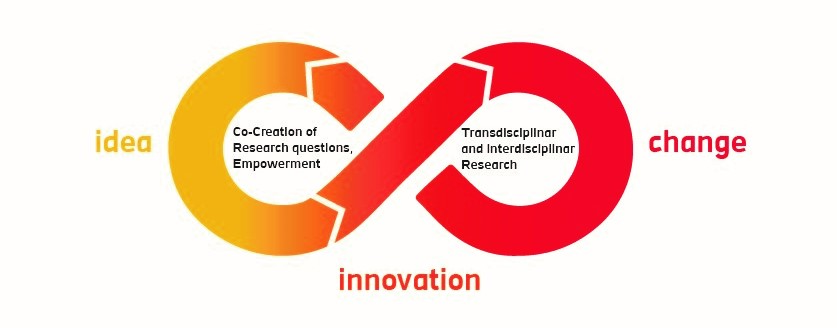 For any upcoming inquiries and further information, we are very glad to provide more details. Please feel free to contact us anytime: [email protected].
For any upcoming inquiries and further information, we are very glad to provide more details. Please feel free to contact us anytime: [email protected].
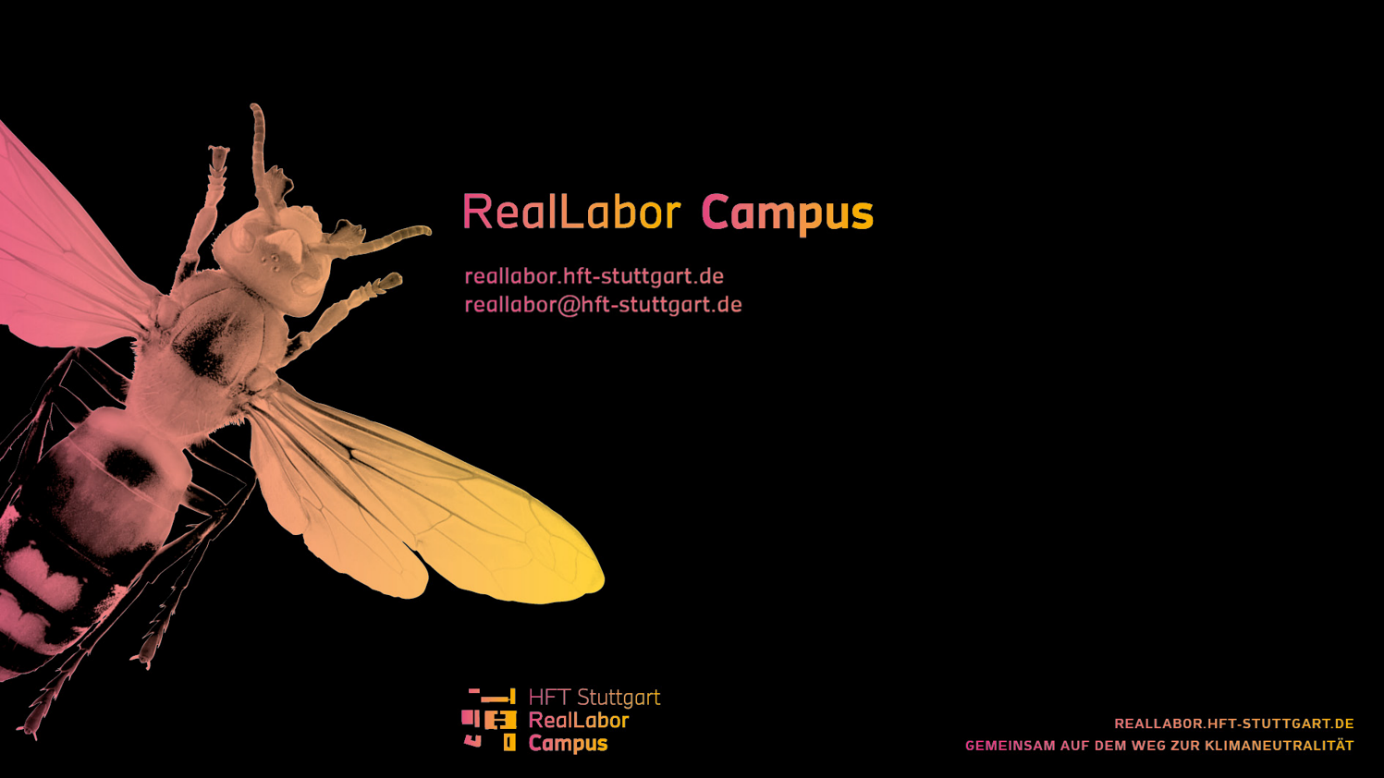
Member Spotlight: Landscape Laboratory at The University of Minho
The Laboratory of Guimarães landscape is an ambitious project which is to contribute directly and indirectly to the national and international goals of sustainable development in all its dimensions. With the vision to be and be recognized as an active agent within the integrated action and participatory international best practices in sustainable development policies, the Landscape Laboratory is currently based on two fundamental action pillars: The education and environmental awareness with order to change habits and behavior of society towards greater sustainability; And Research, Development and Innovation directed to four areas of knowledge (ecology, geography, Water and Urban Environment). With the mission assigned to it by its constituents, Guimarães City Hall, University of Minho and University of Tras-os-Montes and Alto Douro, the Landscape Laboratory is and will be a reference institution, with all the conditions for that, in a sustained manner, crave transfer knowledge to the territory with great success, also ensuring proximity between scientific knowledge and the community. Promote knowledge and innovation, research and science communication, contributing to an integrated approach and participatory environmental policies and sustainable development, aiming at a high level of environmental awareness, an efficient metabolism of cities, well-being and quality of life, as well as protection of natural resources.
The Landscape Laboratory have a vision to be and be recognized as an active agent in the context of international best practices in sustainable development policies.
The main goals are based on a multidisciplinary work, think and spread inductors methodologies and processes of ecological cities, sustainable, inclusive and resilient in order to promote quality of life and sustainable development
in urban areas through the following specific objectives:
- Promote efficient use of natural resources. Characterize the main parameters associated with environmental quality, promote their monitoring and interpretation, as well as the definition of a preventive action framework;
- Preserve biodiversity and ecosystem sustainability. Reinforce the concept of green structure for the city and its surroundings, generating contributions to the process management and spatial planning;
- Promote awareness and awareness campaigns. Encourage a more active role of citizens in defense of the quality of the natural and built environment;
- Analyzing the landscape dynamics. Based on an interdisciplinary approach, promote understanding of landscape transformation processes, and designing creative visions on the use and appropriation of spaces and places.
- Study solutions promoting eco-efficiency of urban systems. Based on a holistic view, promote research and innovation, promoting sustainability and resilience.
- Encourage the development of innovative projects. Create a favorable environment for the pursuit of practical and conceptual experimentation projects, contributing to more inclusive and ecological societies.
- Promote new economic ranks. Encourage sustainability and economic growth by fostering the creation and incubation of new business ranks in agriculture, forestry, food, energy and environmental.
For more information, please visit: http://www.labpaisagem.pt
